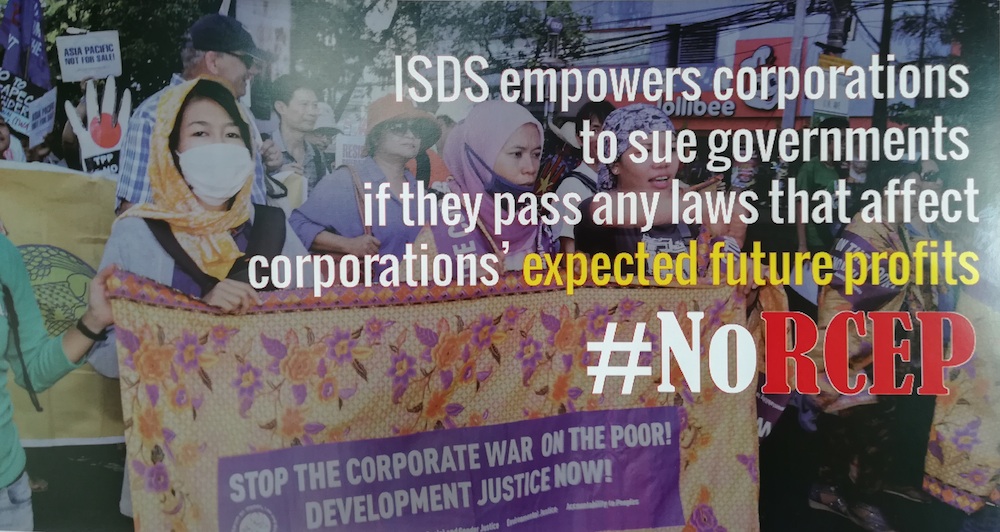RCEP misses deadline, again
Jakarta Post | 2 August 2017
RCEP misses deadline, again
by Stefani Ribka
The world’s biggest economic pact, the Regional Comprehensive Economic Partnership (RCEP), will not make its deadline this year as a result of unsettled disagreements on various topics involving 16 countries with different economic levels.
Due to wrap up this year, RCEP’s duration has been extended until the first half of 2018. This is the third extension, after it was previously extended from 2015 to 2016 and then to this year. Negotiations started in 2012.
“It [negotiations] will spill over to next year […] I hope [it can conclude] as soon as possible,” RCEP negotiation committee chairman Iman Pambagyo, who is also the Trade Ministry’s international trade cooperation director general, told The Jakarta Post on Monday.
The extension was decided upon during RCEP’s 19th round of negotiations in Hyderabad, India, on July 24 to 28. The meeting failed to finalize even one single chapter, despite significant progress in the competition policy section.
Thus far, only two chapters have been completed from previous rounds: on economic and technical cooperation and on small and medium enterprises. Other sections, including goods, investment, intellectual propriety rights (IPR) and movement of labor are in the process.
“We have a list of key elements to finalize by year-end. It covers all issues, like goods, investment, IPR and e-commerce in specific terms and not in common or intermediary terms. So should chapter finalization go slow again, at least, substantially we already have this [specific modality], which is significant progress,” Iman said.
However, civil society organizations during the 19 th round voiced objection to the inclusion of the Investor-State Dispute Settlement (ISDS) in the investment chapter as they said it benefited investors more than it did states.
“Referring to the World Investment Report UNCTAD 2017, there were 109 ISDS cases, and as of August 2017 there were 767 cases around the world in which the foreign investor sued the state. From the total cases of ISDS in international arbitration, 60 percent of the cases were won by the investors,” said Indonesia for Global Justice (IGJ) representative Megawati during the forum, as quoted in a circulated IGJ statement.
Meanwhile, she continued, governments must absorb their losses, which could reach US$545 million excluding legal fees. “For instance, Indonesia faced eight lawsuits filed by foreign investors in an international arbitration forum,” Megawati said.
RCEP involves 16 countries: 10 ASEAN countries and six major trading partners: Australia, China, India, Japan, New Zealand and South Korea, with a combined gross domestic product of US$22.4 trillion, or 30 percent of the global economy, and a more than 3 billion combined population, representing 45 percent of the global population.
Some meaningful progress was reported in the 19th round, namely a list of key elements to settle this year and an internal agreement within ASEAN countries on the tariff structure that will be negotiated with non-ASEAN countries in RCEP.
The tariff structure includes percentage of goods to be subject to tariff elimination, reduction, sensitive list, highly sensitive list and flexibility degree. The types of goods will later be negotiated separately by each participating country.
The negotiation committee has contacted non-ASEAN countries to immediately study the tariff structure and make a decision at the next RCEP ministerial level meeting in the Philippines on Sept. 10.
“We’ll report progress to the ministers in September. We need more political will from them to push this forward. Let’s stop bickering, or else this [conclusion dateline] will be missed again,” Iman emphasized.






